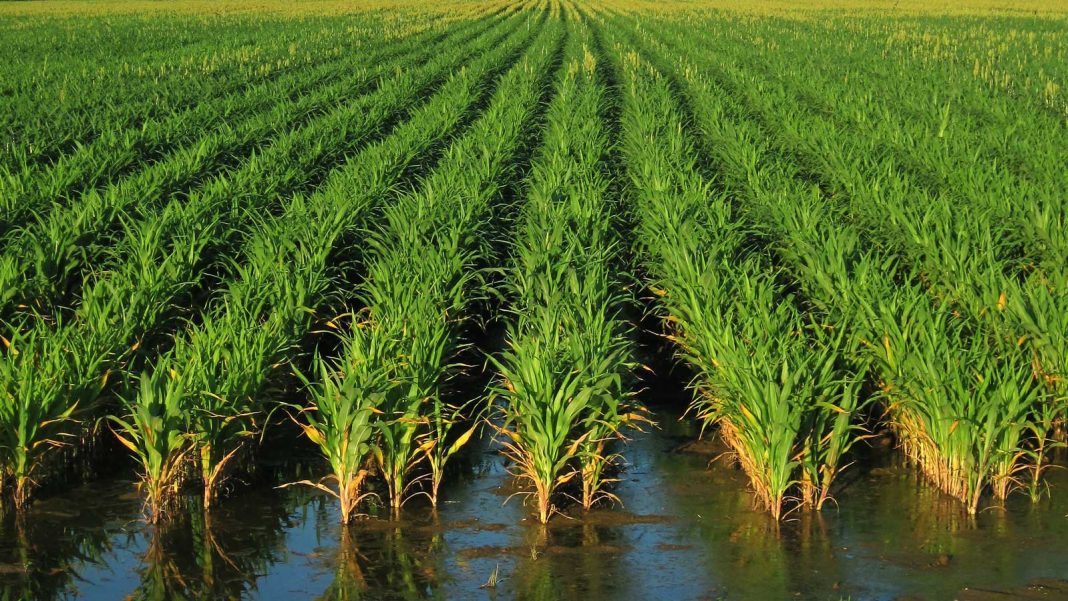In Arkansas, Hallie Shoffner grows rice, soybeans, and other crops on land her family has farmed for more than a century. But she says it’s getting harder to make a living as the climate warms.
Heat waves are getting more common.
Shoffner: “And rice is very sensitive to high nighttime temperatures. It can affect the quality of the grain … and farmers can … not receive as much money for a crop that has a lower quality to it.”
And rainfall is growing more erratic, with more floods and intensifying droughts. In dry years, Shoffner spends a lot of money on irrigation.
She says with difficult conditions year after year, it’s harder for farms to remain profitable.
Shoffner: “And it’s not that it’s extreme devastation in any one year. It certainly can be that. But climate change for farmers is more like getting a wound and never letting it heal.”
But she says researchers are making progress breeding rice varieties that can tolerate hotter nights.
And on her farm, to save water and money during droughts, she’s using a growing method that requires flooding her fields only part of the time, instead of all season.
She’s trying to adapt to the changing conditions so her farm can thrive for generations to come.
Reporting credit: Sarah Kennedy / ChavoBart Digital Media
We help millions of people understand climate change and what to do about it. Help us reach even more people like you.


